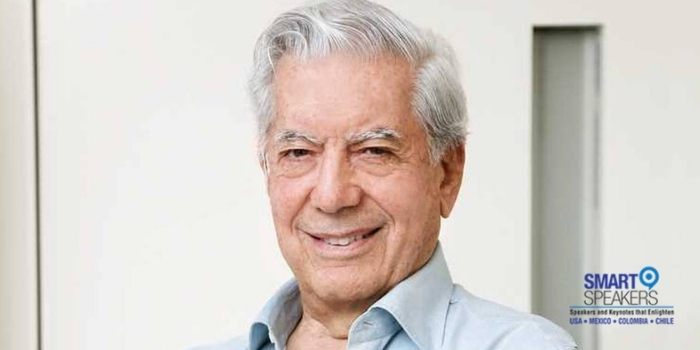Categories: Arts & Culture | Best-selling Authors | Nobel Prize Laureates
Mario Vargas Llosa is a Peruvian writer, politician, journalist and essayist laureate. He won the Nobel Prize in Literature in 2010.
Many consider Mario Vargas Llosa to have had a more significant international impact and worldwide audience than any other writer of the Latin American Boom. He was awarded the 2010 Nobel Prize in Literature “for his cartography of structures of power and his trenchant images of the individual′s resistance, revolt, and defeat”.
Mario Vargas Llosa made his debut in the 1960s with novels such as The Time of the Hero (La ciudad y los perros, literally The City and the Dogs, 1963/1966), The Green House (La casa verde, 1965/1968), and the monumental Conversation in the Cathedral (Conversación en la catedral, 1969/1975). Throughout his career, he divided himself across an array of literary genres, including literary criticism and journalism. His works include comedies, murder mysteries, historical novels, and political thrillers. Many of his novels have been cinematized.
Mario Vargas Llosa has also published several books of essays, theatre plays and poems. He writes for El País, (Piedra de Toque) and the cultural magazine Letras Libres (Extemporáneos) published in Mexico and Spain. His books have been translated into more than thirty languages.
Many of Mario Vargas Llosa′s works are influenced by the writer′s perception of Peruvian society and his own experiences as a native Peruvian. Increasingly, however, he has expanded his range, and tackled themes that arise from other parts of the world. Another change over the course of his career has been a shift from a style and approach associated with literary modernism, to a sometimes playful postmodernism.
Like many Latin American authors, Mario Vargas Llosa has been politically active throughout his career; throughout his life, he has gradually moved from the political left towards the right. While he initially supported the Cuban revolutionary government of Fidel Castro, Vargas Llosa later became disenchanted. He ran for the Peruvian presidency in 1990 with the center-right Frente Democrático (FREDEMO) coalition, advocating neoliberal reforms. He has subsequently supported moderate conservative candidates.
Mario Vargas Llosa has received a long list of prestigious literary awards, including the Leopoldo Alas Prize (1959), the Rómulo Gallegos Prize (1967), the National Critics' Prize (1967), the Peruvian National Prize (1967), the Critics' Annual Prize for Theatre (1981), the Prince of Asturias Prize (1986) and Miguel de Cervantes Prize (1994) -- the Spanish-speaking world's most distinguished literary honor, the Jerusalem Prize (1995), the PEN/Nabokov Award (2002) and many Doctor Honoris Causa degrees from the most prestigious universities.







